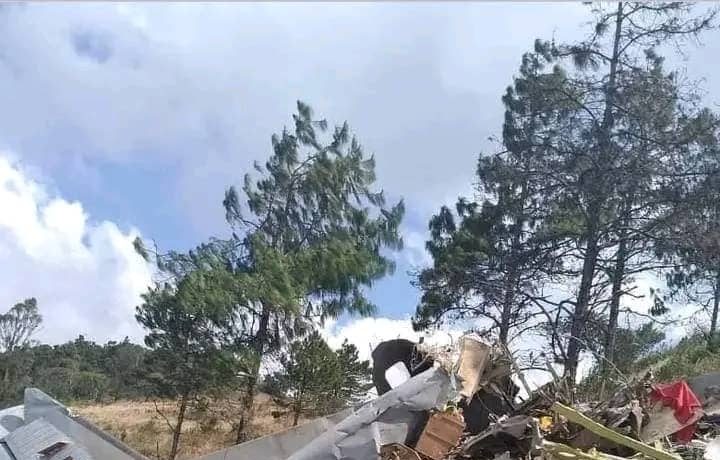In a remarkable turn of events that has sent ripples of intrigue and breath-taking expectation, the Jabbar Alide Commission of Inquiry, established by President Lazarus Chakwera to investigate the tragic plane crash that claimed the life of the former Vice President, Dr. Saulos Chilima, and eight others, has been instructed to publicly present its findings before meeting with the President.
This unprecedented move has been fashioned by President Chakwera when he received request by the Commission, for a meeting where its findings report would be presented. According to sources closer to the Commission, the President told the Commission to read its report publicly before meeting him.
Joseph Masina, a versatile political scientist, the move by carries the potential to reshape public trust in handling the inquiry findings: “This is a complete paradigm shift that inevitably re-arranges public trust and promoted accountability”, he argues.
We find this argument valid with the President championing a paradigm shift towards transparency in a nation often shadowed by suspicion and cynicism surrounding political motives. This is particularly so because, at first glance, this directive deviates from the customary procedure of presenting findings directly to the head of state.
Traditionally, a Commission’s report is delivered confidentially, allowing the President to assess the findings, strategically plan responses, and craft a narrative that aligns with government interests. However, in an age where information travels at lightning speed and citizens demand accountability, Chakwera’s decision to allow the Commission to publicly announce its findings marks an evolution in governance that transcends conventional practices.
One critical aspect of this approach is the implicit acknowledgment by the President of the public’s right to know. In a nation grappling with a legacy of political scandals and opacity, this move is a calculated gesture of goodwill towards transparency and accountability.
By inviting the public into the inquiry, Chakwera is not only fulfilling his moral obligation to honor the memory of the deceased—most notably a high-ranking public figure—but is also validating the collective grief and curiosity of a nation yearning for answers. This inclusivity assures citizens that their government recognizes their stake in the circumstances leading up to and following such a catastrophic event.
Moreover, by committing to implement the Commission’s recommendations, Chakwera is stepping away from a more common defensive posture that many leaders resort to when faced with tough scrutiny. Sources close to the Commission have hinted that the President was also interviewed by the Commission during its inquiry process.
In doing so, he places himself in a position where he becomes an active agent for change, underscoring a proactive rather than reactive governance style. Should the reports reveal neglect or failures within government agencies or the military—entities that were responsible for the flight and its safety—this will provide an opportunity for reform. Strengthening regulatory frameworks, ensuring proper training for aviation personnel, and addressing any identified gaps can usher in a new era of accountability and safety in Malawi’s aviation sector.
However, this unprecedented move is not without its risks. By opening the report to public scrutiny before his direct review, Chakwera runs the possibility of losing narrative control. Public sentiment can be volatile, and depending on the findings, the government could face serious backlash or calls for accountability that may destabilize its current standing. Yet, it is this very understanding of the stakes involved that enhances the integrity of the process, inviting stakeholders to be part of a narrative that is constructed jointly by the government and the citizens it serves.
It is also pivotal to acknowledge the role of the media and civil society in the urgency created by this initiative. The Commission’s findings will undoubtedly spur discussions within communities and across media platforms, galvanizing public discourse around governance and accountability in Malawi. Without a doubt, this atmosphere of heightened engagement can catalyze significant paths toward democratic discourse and civil action.
In conclusion, President Chakwera’s decision to have the Jabbar Alide Commission publicly present its findings marks a distinct departure from traditional governmental processes in Malawi. It stands as a testament to a commitment to transparency in the face of tragedy, acknowledging the rights of the citizens to be informed and engaged. By doing so, the President is not only addressing the immediate need for clarity regarding this devastating accident but is also laying the foundation for a robust culture of accountability that could reverberate throughout the nation’s institutions. This bold move could potentially reshape the relationship between the government and its citizens, fostering a newfound trust that is deeply essential for the growth of democracy in Malawi. As the nation awaits the report, it does so with collective hope for justice, resolution, and the embrace of a brighter, more transparent future.













